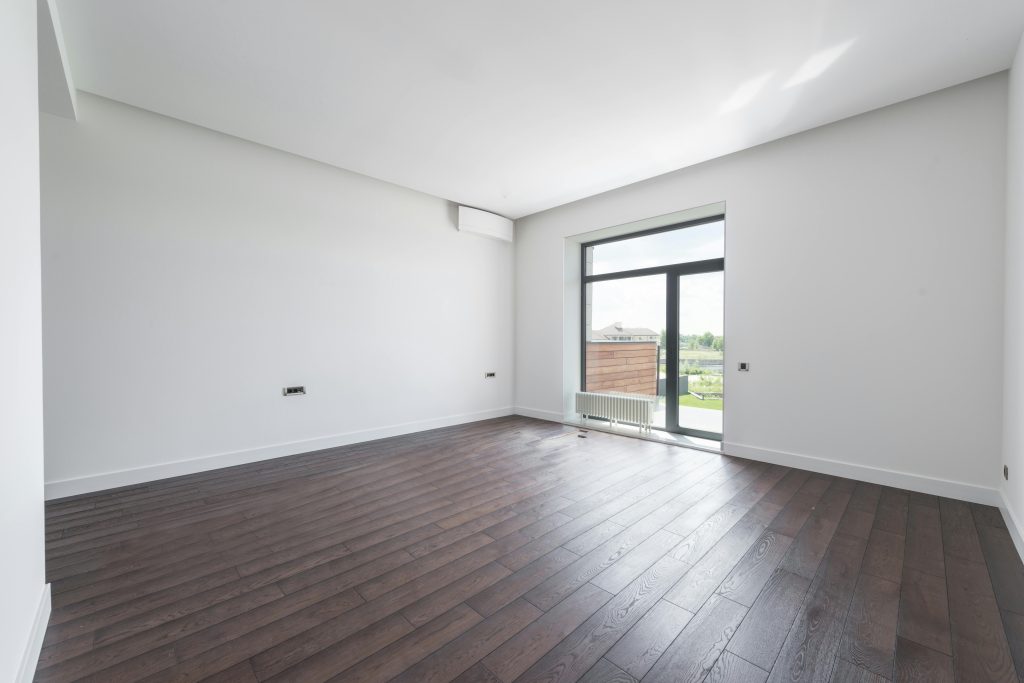Estate agents that don’t deliver on their promises can seriously slow down your home sale. Switching agents mid-sale is possible and could help you achieve a better price or faster sale. While you’ll need to handle the change carefully to avoid paying double commission, making the switch is often straightforward when you understand the steps involved.
Why consider changing agents during a sale?
Estate agents can do a great job of selling your home, suggesting an asking price that hits the sweet spot and marketing it so it drums up interest. But they can also overpromise and underdeliver.
Many sellers become frustrated with their estate agent when initial promises aren’t met. A common issue is agents providing inflated valuations to win business, which can then lead to a lack of viewings and eventual price reductions. Poor quality marketing materials, especially substandard photography, can also hamper your chances of achieving a sale.
Signs it’s time to switch your estate agent
How do you know if your estate agent isn’t producing to the level you expected? There are some obvious signs to look out for, including:
- No viewings being arranged for your property
- Lack of updates on viewer feedback and market conditions
- Unreturned calls and poor communication
- No proactive suggestions or ideas to boost interest
- Expectations that were set at the start not being met
If you experience any of these, it might be time to consider switching estate agents. But don’t pull the plug on your current one just yet. First, speak to your agent to see if they can up their game and help sell your home.
How to approach your current agent before switching
Before making a final decision to switch, arrange a meeting with your current agent to discuss your concerns. Sometimes communication issues can be resolved, and the agent may improve their service when they know you’re considering a change.
If the problems are more minor, such as slow responses to emails or inconsistent feedback, you might consider keeping them on alongside a second agent under a joint sole agency agreement. This model typically sees the successful agent earn the commission.
What is a multi-agency or joint sole agreement?
Multi-agency means several agents market your property simultaneously. While this can increase exposure, commission rates are usually higher, around 2.5 to 3.5%. Any agent who secures the sale earns the commission.
A joint sole agency agreement lets you work with two estate agents at once. Unlike multi-agency agreements, only the agent who secures the sale earns the commission—known as “winner takes all.”
If you do opt for a joint sole agreement, listing your property with two agents is standard practice, so there’s no issue with having multiple agents’ boards displayed. This doesn’t tend to breach local regulations, as joint sole listings are a recognised and common arrangement
How to cancel your contract with your estate agent
Check your existing contract for details about notice periods and cancellation terms. Many contracts require written notice, and you’ll need to follow these requirements. Notice periods and sole agency terms are negotiable when you first sign up—aim for a four-week sole agency period and minimal notice requirements after this expires.
Understanding agency contracts
Keep detailed records of everyone who has viewed your property through your current agent. Again, the agent who first introduces a buyer is entitled to the commission, even if another agent later brings the same buyer who then makes an offer.
Be transparent with any new agent about previous viewings to avoid commission disputes, but don’t hand over a list of past viewers outright. Instead, ask for the names of anyone viewing your property. If a duplicate name comes up, then inform the agent that they’ve already seen the property through your previous agent. Taking this approach can help prevent confusion over who introduced the buyer and minimise the risk of double commission claims.
Risks of changing against mid-sale
The biggest risk when switching agents is facing double commission claims if both agents believe they introduced the eventual buyer. Read your original contract carefully for cancellation fees and notice periods before making any changes.
If an agent disputes who ‘owns’ an applicant, it’s generally the agent who introduced the buyer first—unless the buyer explicitly states they had a poor experience with that agent and provides this in writing.
In such cases, you may want to negotiate a split fee, where one agent is credited for the introduction and the other manages the sales progression. While most agents are open to a split fee arrangement, the negotiation process can be time-consuming. That’s why it’s best to always ask upfront for the names of prospective viewers.
Other risks include:
- Having to pay marketing fees even if you cancel
- Lengthy notice periods delaying your switch
- Protection period clauses meaning you owe commission to your first agent if they introduced a buyer who purchases months later
- Potential gaps in marketing during the changeover
Most risks can be avoided by checking contract terms thoroughly before signing with any agent. Consider negotiating shorter notice periods and protection periods from the start.
Minimising the risks when switching agents
Planning your switch carefully helps avoid common pitfalls. Start by getting written confirmation of everyone who viewed through your current agent, including dates and contact details. Keep all correspondence about viewings and feedback, as this evidence can prevent future commission disputes.
Read your new agent’s contract with the same attention you wish you’d given your first one. Check commission rates, notice periods and protection period lengths. Ask for changes if needed—many agents will negotiate these terms. Get everything in writing, including any verbal promises about marketing plans or service levels.
Remember to remove your current agent’s For Sale board before the new one goes up, as having multiple boards can put buyers off and might breach local regulations. Also make sure your property isn’t listed with both agents online simultaneously. This can confuse buyers and make your home look like it’s been for sale too long.
Tell your current agent in writing exactly when you want their marketing to end, including removal of online listings. Doing so creates a clear timeline and helps prevent overlap between agents.
Finding a new estate agent
Research local agents through Rightmove to identify those successfully selling similar properties in your area. Look for “sold subject to contract” or “under offer” signs on comparable homes. The Rightmove agency finder tool can help narrow down your search.
Call up ex-neighbours who have sold recently about their experiences. Local social media groups can provide recommendations, though make sure these are genuine rather than friends of agents. Google reviews offer another source of independent feedback.
Reporting bad estate agents
If your agent has failed to meet professional standards or breached their contract terms, you have several reporting options. The Property Ombudsman handles complaints about estate agents and can award compensation if your complaint is upheld. Trading Standards investigate breaches of consumer protection laws and unfair trading. Professional bodies like NAEA Propertymark enforce industry standards among their members.
When reporting issues, provide detailed evidence including dated correspondence, photos and records of specific incidents. Document all communication attempts, missed appointments and instances of poor service. Most bodies require you to complain to your agent first and give them eight weeks to respond before taking your case further.
How to sell your property without an estate agent, quickly
So, you’ve tried to sell through traditional estate agents, but they just wasted lots of time doing nothing. Now you need to sell quickly. The good news is that estate agents aren’t the only way to sell property. In fact, the fastest way to sell property is to sell directly to a property buying company.
Here at Property Rescue, we buy properties directly from homeowners looking for a quick, guaranteed sale. As founding members of the National Association of Property Buyers and registered with The Property Ombudsman, we offer a professional, transparent service.
We also offer speed and certainty, covering all legal fees and can exchange contracts within 48 hours with a completion in as little as two weeks. Unlike estate agents, we don’t charge fees, so get in touch today.
Changing estate agents
While switching estate agents can cause temporary disruption to your sale, choosing the right replacement agent may revive interest in your property and lead to a successful sale. And if you need a quick sale, Property Rescue will buy your home quickly. Get a free, no-obligation quote to see how much your property is worth.









